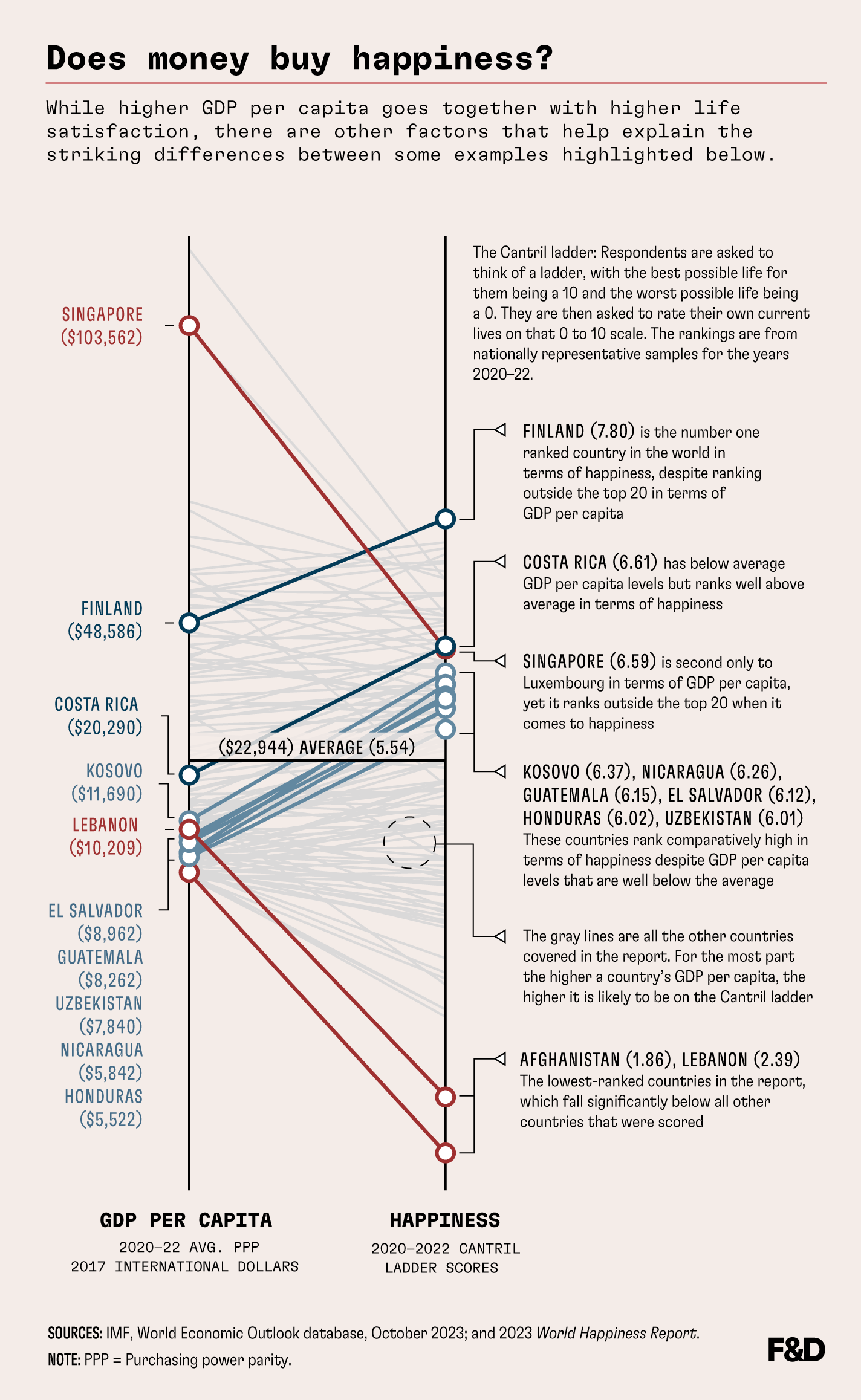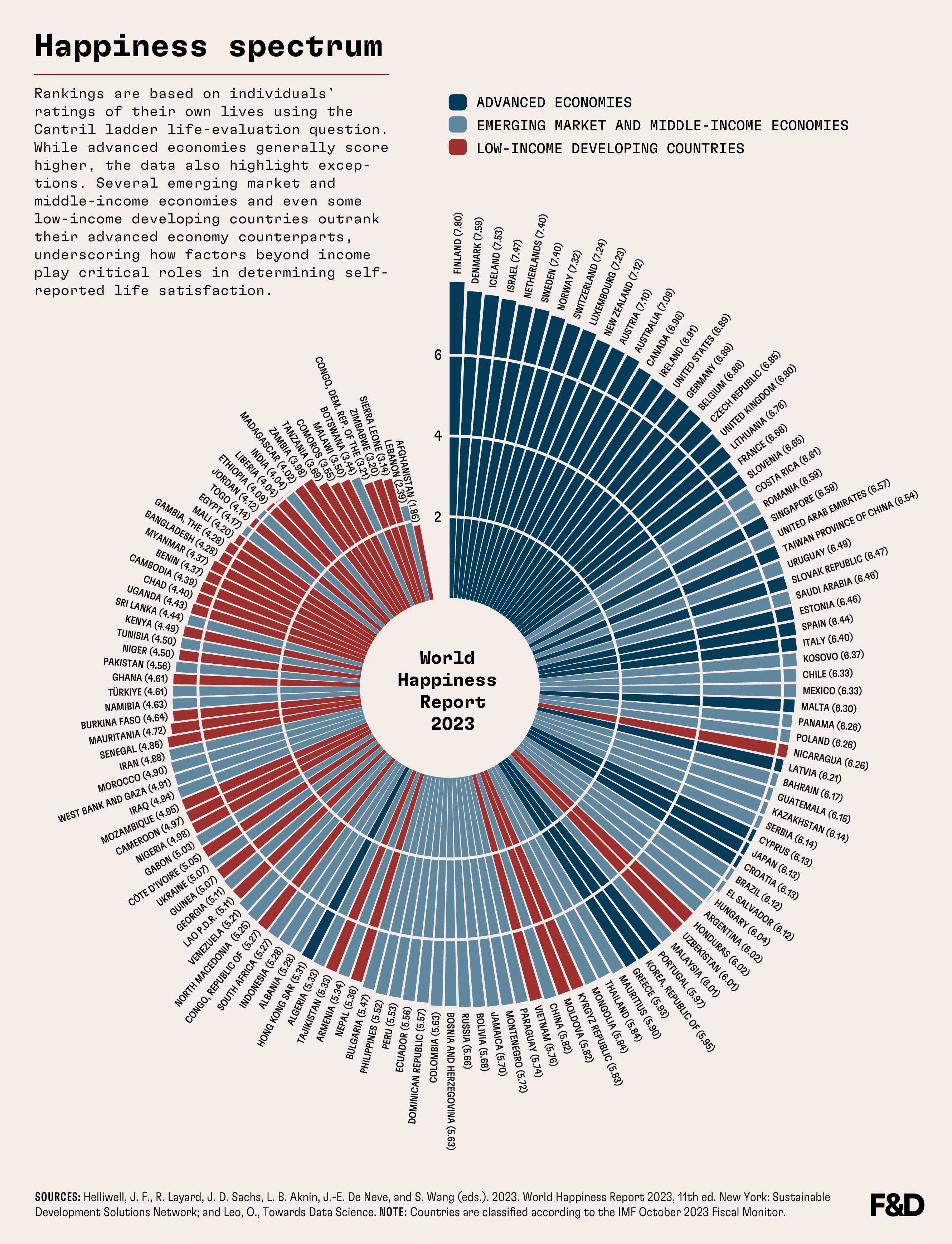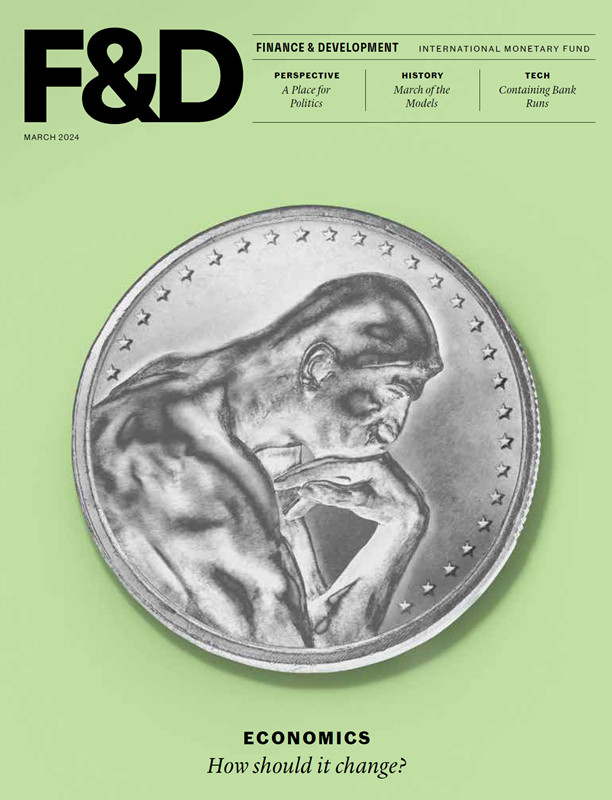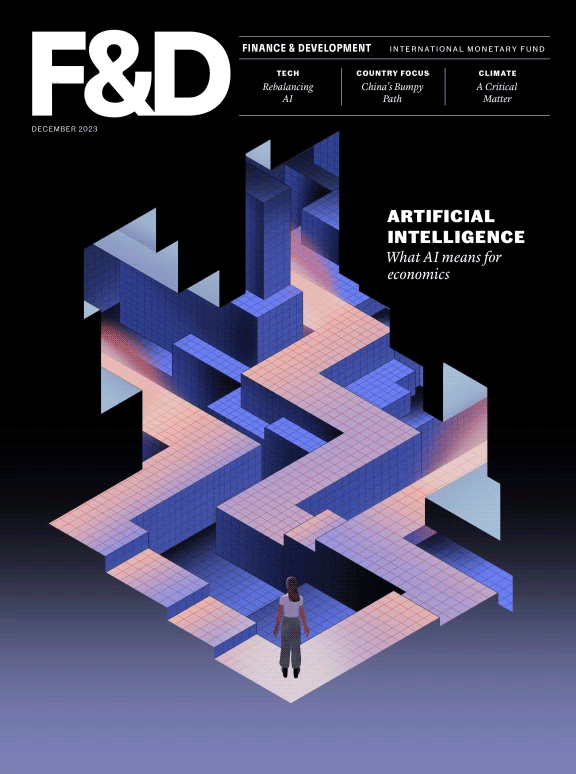The World Happiness Report leads the quest for more holistic measures of well-being
MORE THAN 50 YEARS AGO US senator Robert F. Kennedy famously critiqued GDP, saying that it “measures everything...except that which makes life worthwhile.” Since then, there have been significant efforts to look beyond GDP in search of more comprehensive ways of measuring well-being to help improve people’s lives.
The World Happiness Report is a key resource in this search, offering a comprehensive look at self-reported life satisfaction scores across countries (see chart for ranking criteria). In the decade since its inception, it has evolved from a novel concept to an influential factor in advancing the inclusion of well-being metrics in policymaking.
When we juxtapose GDP per capita with happiness scores from the report, it becomes clear that while GDP per capita is a significant predictor of happiness, it's not the only factor. As the report outlines, other variables, such as social support, life expectancy, freedom, generosity, and the absence of corruption, also help explain varying levels of happiness between countries.

The report urges a reevaluation of success, advocating policies that not only foster economic growth but enhance the quality of life. The authors contend that by integrating happiness as a key objective, governments can adopt a more holistic approach to policymaking, ensuring that progress is measured not solely by material wealth but by the well-being of their citizens.
Some countries are already moving in this direction. For example, in 2019 New Zealand introduced the Wellbeing Budget, targeting critical societal areas such as mental health and child welfare.

Opinions expressed in articles and other materials are those of the authors; they do not necessarily reflect IMF policy.









